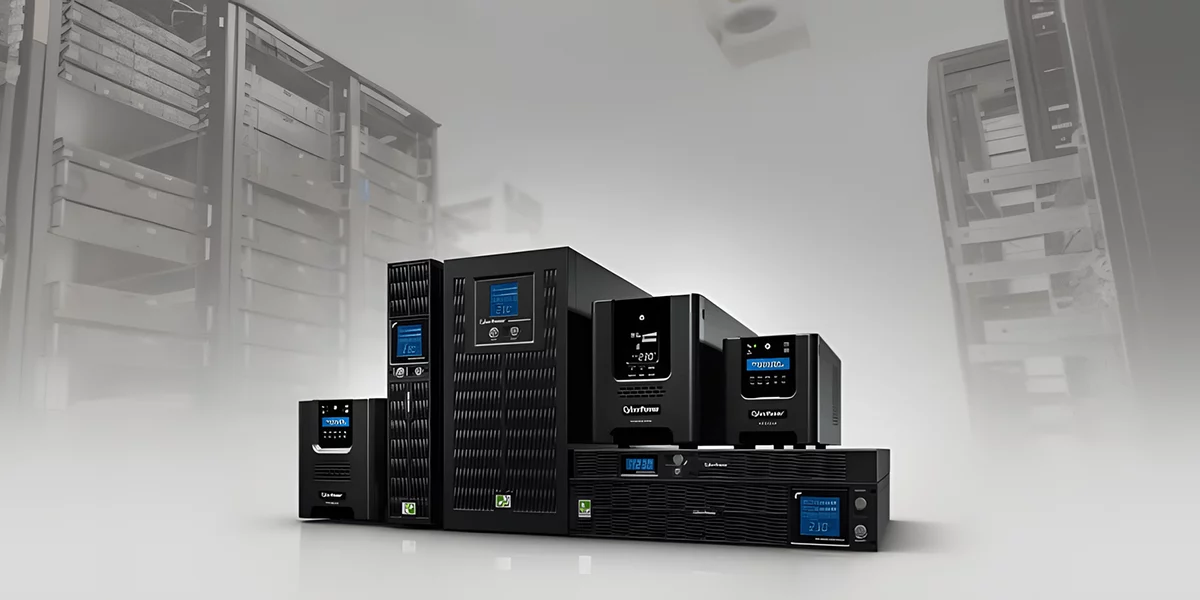In today’s fast-paced and technology-driven business environment, maintaining uninterrupted operations is paramount. A sudden power outage or fluctuation can result in data loss, equipment damage, and significant downtime, leading to financial losses and a dent in a company’s reputation. To address these challenges, businesses are turning to Uninterruptible Power Supply (UPS) and advanced power management solutions.
The Role of UPS in Business Continuity:
- Power Protection:
UPS systems act as a safeguard against power interruptions by providing a seamless transition to battery power in the event of a power outage. This ensures that critical systems and equipment remain operational, allowing businesses to continue functioning without disruption.
- Voltage Regulation:
Voltage fluctuations are a common occurrence and can damage sensitive electronic equipment. UPS systems stabilize voltage, ensuring a consistent and reliable power supply to protect against both overvoltage and undervoltage conditions.
- Surge Protection:
Power surges caused by lightning or other electrical issues can wreak havoc on a business’s electronic infrastructure. UPS units often include surge protection features, shielding connected devices from sudden spikes in voltage.
Advanced Power Management Solutions:
- Energy Efficiency:
Many modern power management solutions come equipped with energy-efficient features, helping businesses reduce their carbon footprint and lower energy costs. These systems can intelligently optimize power distribution, ensuring that only essential equipment receives power during critical situations.
- Remote Monitoring and Management:
Remote monitoring capabilities allow businesses to keep a watchful eye on their power infrastructure from anywhere in the world. This proactive approach enables administrators to identify and address potential issues before they escalate, minimizing downtime and optimizing system performance.
- Scalability:
As businesses grow, their power needs evolve. Scalable power management solutions can adapt to changing requirements, accommodating increased loads without the need for a complete overhaul of the infrastructure.
- Predictive Analytics:
Some advanced power management systems leverage predictive analytics to forecast potential issues based on historical data. This proactive approach enables businesses to take pre-emptive action, preventing power-related problems before they impact operations.
Choosing the Right Solution for Your Business:
When selecting UPS and power management solutions for a business, it’s crucial to assess the specific needs and demands of the organization. Factors such as the size of the operation, the criticality of systems, and budget constraints should all be taken into account.
- Conduct a Power Audit:
Understand the power requirements of different departments and critical systems. This audit will help identify the appropriate capacity and features needed in a UPS system.
- Consider Future Growth:
Opt for scalable solutions that can grow alongside the business. This ensures that the power infrastructure remains efficient and effective even as the organization expands.
- Evaluate Remote Management Capabilities:
In an era where remote work is increasingly prevalent, having the ability to monitor and manage power systems remotely is a significant advantage. Look for solutions that offer robust remote management features.
- Prioritize Reliability:
Reliability is paramount when it comes to power management. Choose solutions from reputable manufacturers with a track record of delivering reliable and durable products.
In conclusion, investing in UPS and advanced power management solutions is a strategic move for businesses aiming to safeguard their operations and ensure business continuity. By mitigating the risks associated with power interruptions and optimizing energy consumption, these solutions contribute to a resilient and efficient business environment.


